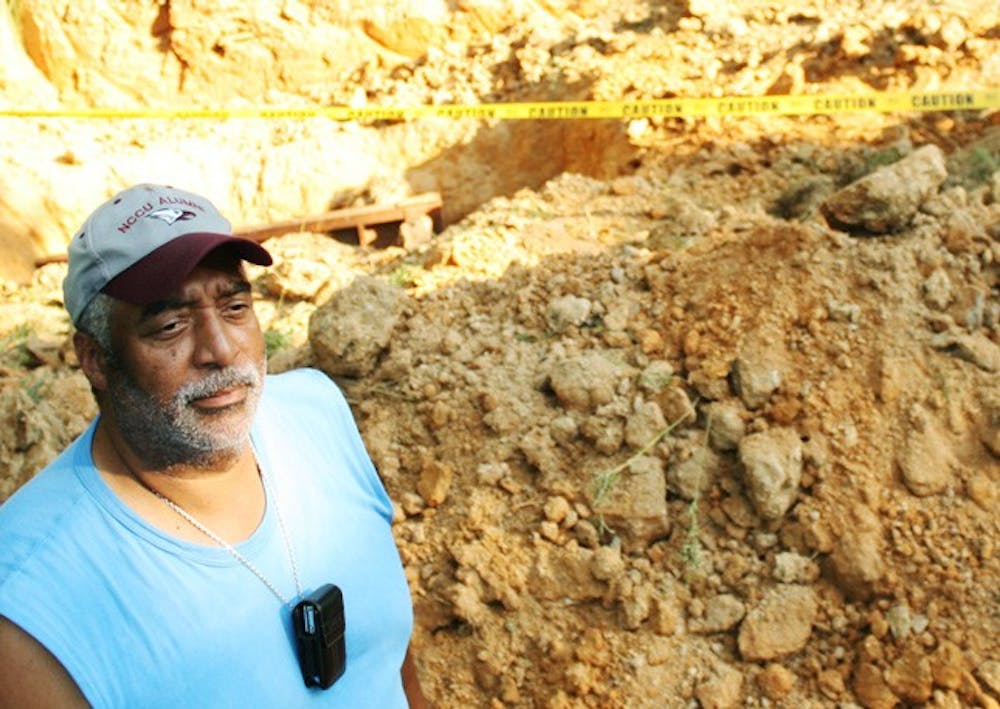David Caldwell spent much of his childhood hiking, picking fresh fruits and even swimming in the streams of his Rogers-Eubanks neighborhood.
Caldwell has lived in the neighborhood since the 1960s — and he has watched it change as he and his neighbors fought against the placement of a county landfill in their traditionally black community in 1972.
For years, Caldwell has led efforts by neighborhood residents to gain public water and sewer access from the county and to create a community center, even as the landfill undermined their quality of life.
“We couldn’t walk through the fruit trees … the berries were gone, there weren’t fishes in the pond, and the water quality is not safe,” Campbell said.
But on Feb. 21, the Orange County Board of Commissioners unanimously passed a resolution to close the landfill on June 30, 2013.
“We’re really excited about the landfill closure,” said Purefoy Drive resident Emily Faison. “Caldwell’s very involved, and he has definitely brought positive change.”
In the late 1800s, Rogers Road was a predominantly black-owned family farmland that stretched from Homestead Road to Eubanks and Millhouse roads.
But Caldwell, who is the project manager for the Rogers-Eubanks Neighborhood Association, said many of those families have left the area — and he attributed the change to the placement of the landfill.
“Those who afforded to move moved out because of bad water supply,” Caldwell said. “You can’t blame them for leaving when they got a chance.”



